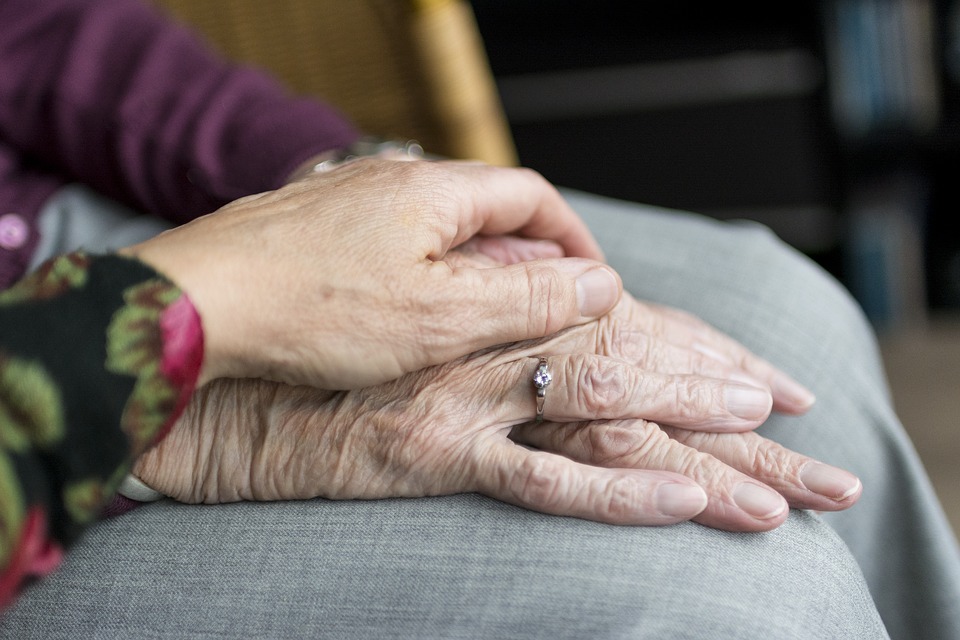Calls for increased LPA awareness due to an expected rise in dementia numbers

According to Alzheimer’s Research UK, the number of people with dementia is on a rapid increase. Figures provided by the charity, predict that by 2025, one million people in the UK will be living with dementia and by 2050 this figure will be doubled.
What is dementia?
According to Dementia UK, Dementia is an umbrella term used to describe a range of progressive neurological disorders, that is, conditions affecting the brain.
There are over 200 sub types of dementia, but the five most common are: Alzheimer’s disease, vascular dementia, dementia with Lewy bodies, frontotemporal dementia and mixed dementia. Some people may have a combination of different types of dementia and these are commonly called mixed dementia.
What causes dementia?
The brain is made up of nerve cells (neurones) that communicate with each other by sending messages. Dementia damages the nerve cells in the brain so messages can’t be sent from and to the brain effectively, which prevents the body from functioning normally.
Regardless of which type of dementia is diagnosed and what part of the brain is affected, each person will experience dementia in their own unique way.
Dementia in the UK
Dementia is a global concern but it is most often seen in wealthier countries, where people are likely to live into very old age.
The Alzheimer’s Society (2014) reports there are over 850,000 people living with dementia in the UK today. Of these, approximately, 42,000 are people with young onset dementia, which affects people under the age of 65.
As a person’s age increases, so does the risk of them developing dementia.
It is estimated that the number of people living with dementia in the UK by 2025 will rise to over one million. Rates of diagnosis are improving but many people with dementia are thought to still be undiagnosed.
Dementia affects 850,000 across the UK, some areas have a greater number of people living with dementia. The highest percentage area of population living with dementia is Christchurch and the lowest is Bradford.
Jeremy Hughes CBE, chief executive of Alzheimer’s Society, added,
“People with dementia have the right to make choices about their care, just like anyone else. Making someone they trust their attorney for health and welfare is one of the ways people can do this.“
“Health and Welfare LPAs provide reassurance to them and the act of creating one can start useful conversations about the future with family and friends”
Many living with dementia reach a point where they are no longer able to make decisions for themselves.
These shocking statistics have led to calls to ensure more people are aware of LPAs. Many People with dementia will eventually reach a point where they are no longer able to make decisions for themselves- this is known as lacking ‘mental capacity’. When this happens someone else often a carer or family member will need to make decisions on their behalf.
The research also shows that, while there are currently 12.8 million people over the age of 65 who run the risk of developing dementia, there are only 928,000 Health and Welfare LPAs presently registered with the office of the Public Guardian across England and Wales.
These statistics suggest that almost 12 million people at risk of future incapacity haven’t planned to ensure their wishes are followed. Based on the predicted increase in dementia by 2025 there will be 13.2 million people unprepared for the increased risk of incapacity
A Lasting Power of Attorney (LPA) is a legal document that enables you to appoint a third party to handle your affairs, should you lose the capacity to make decisions for yourself.
Crucially, this appointment can only be made when you are mentally fit and well.
Leaving it too late can mean that trusted relatives and friends are powerless to make decisions for you.
What happens if I do not have an LPA?
If you have no LPA your family needs to apply to the court to become a deputy this can be a long and expensive process and as additional stress when you don’t need it.
Have you done yours?
Call 0161 519 8890 to find out more about LPAs, now before it’s too late.

